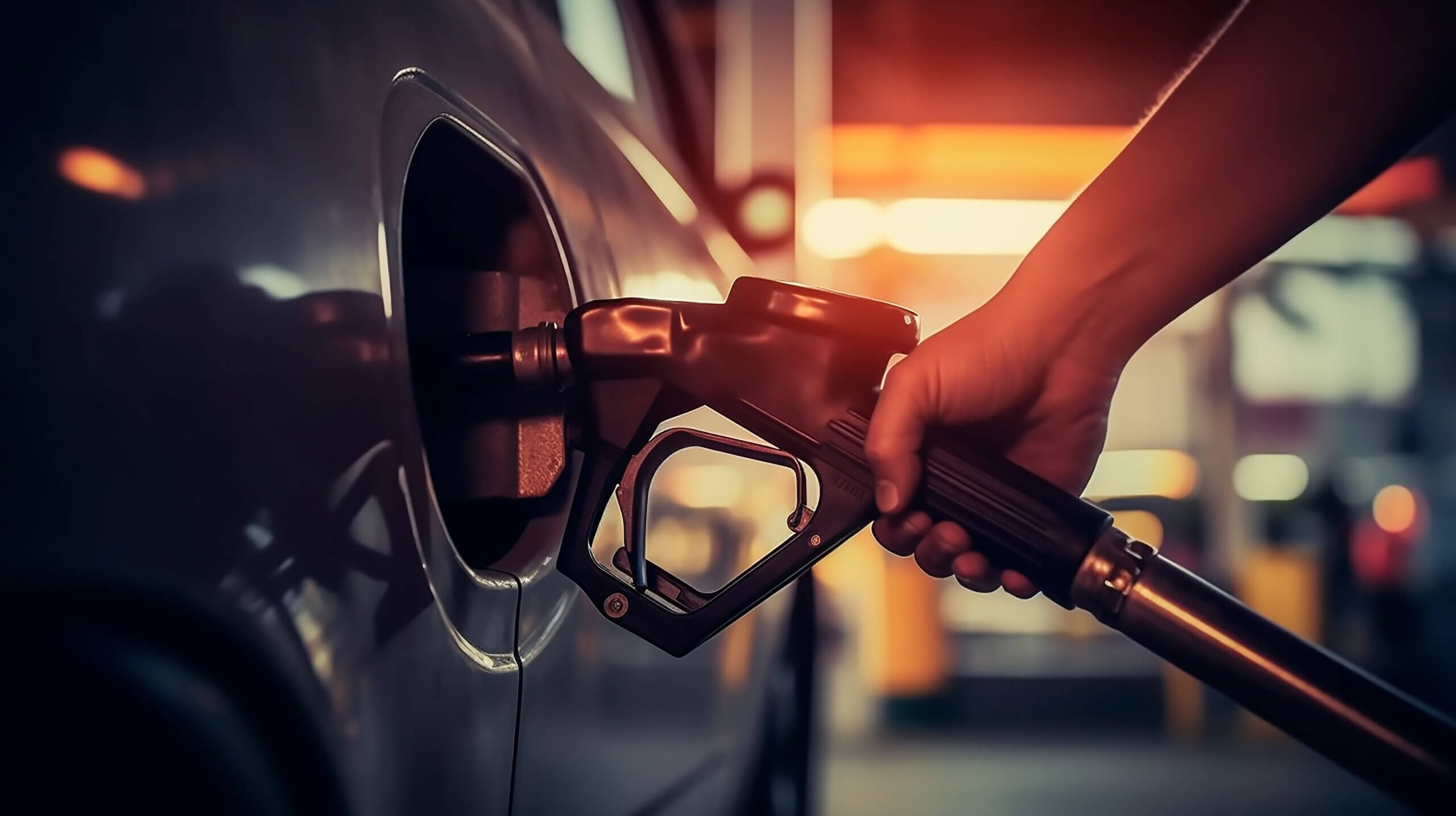
The household budget has been crumbling under the pressure of high inflation in the last 18 months, with fuel costs proving a massive factor. According to the latest research from Compare the Market, the average driver pays $61.95 a week or over $3,200 a year on fuel*.
The Government’s latest increase to the fuel excise, from 48.8 to 49.6c/L in February of this year, alongside continued pressure on oil supply, Compare the Market is urging drivers nationwide not to settle for the price at their regular petrol station.
Compare the Market’s Chris Ford said that it’s sometimes the small habits that can make a difference.
“Households across Australia are continuing to feel the pinch. Inflation is cooling, but that doesn’t mean things are cheaper – they just aren’t increasing as fast as they were a year ago,” Mr Ford said.
“And fuel is one of our core grudge payments each week. It’s something that most of us need to get to and from work, get the kids to school, or go grocery shopping for the week, so we often just need to bear and grin it no matter what the price is.”
“Our research shows that, on average, people pay just under $62 a week on fuel. And while that might sound reasonable, that’s over $3,200 a year is spent just on fuel.
“However, simply checking out a fuel comparison app, such as our Simples app, could provide people with cheaper options nearby, easing some of the financial impact.
“I know one case personally, where a colleague saved $291 in a year on fuel, rather than just rolling up to the closest servo. That’s a big weekly grocery shop or perhaps a couple of good family outings.”
Compare the Market’s research also found that Millennials are spending the most on fuel ($78.04) per week, while Baby Boomers are spending about half that amount in the same week.
| Generation | Average weekly spend on fuel |
| Gen Z | $72.33 |
| Millennials | $78.04 |
| Gen X | $70.54 |
| Baby Boomers | $38.22 |
| Australian Average | $61.95 |
Data from Compare the Market’s car insurance comparison tool also shows that people are beginning to drive more year on year following the pandemic, which will likely exacerbate the increase in the weekly cost of fuel.
| Year | Average km/year driven. |
| 2019 | 17,121 |
| 2020 | 17,755 |
| 2021 | 15,123 |
| 2022 | 15,151 |
| 2023 | 15,668 |
According to Mr Ford, despite over three in five Aussies saying that they’re changing their driving habits due to rising petrol prices, one possible answer to this trend is that people are travelling more domestically.
“We’ve seen people cut back on their daily driving habits, but one possible reason we could be seeing this creep in the number of annual kilometres driven is that more people are going on road trips instead of heading overseas for their holiday.”
“A lot of people are counting every cent that comes in and out of their account, so a quick road trip up or down the coast stopping at camping grounds, might be the perfect solution to a much-needed break that won’t break the bank.
“However, no matter if you’re dropping off the kids or taking some time off while experiencing one of Australia’s many wonders, it always pays to compare how much you’re paying at the bowser.”
Mr Ford’s tips to reduce the weekly cost of fuel:
- Compare prices at fuel stations. There are many apps out there that offer a birds-eye view of current prices at fuel station prices, which could dig up savings of 40 cents per litre in savings. You may be paying for convenience by stopping at a petrol station on the main road, so it’s always worth a quick look to see if there are better deals in the same area.
- If possible, use public transport. While it’s understandable that many people cannot shift their morning commute to a train or even a bus, there may be people out there who could see savings by switching to this method, especially if you live near a major city where public transport infrastructure is well developed.
- Have your car maintained. Despite the costs you think you may be saving by skimping out on your annual service, your fuel efficiency may decrease due to your unmaintained car. Also, if you lug around unused items in the vehicle, consider removing them, as the added weight can also reduce your fuel efficiency by needing more fuel to get the same car to your destination.
* Compare the Market surveyed 1,005 Australians aged 18 and over in January 2024
+ Fuel savings were based on a Kia Rondo, Brisbane, Qld, 14/9/2022 – 13/09/2023
-ENDS-
For interviews and more information, please contact:
Noémi Hadnagy | m: 0433 377 252 | e: [email protected]
Compare the Market is a comparison service that takes the hard work out of shopping around. We make it Simples for Australians to quickly and easily compare and buy insurance, energy, and home loans products from a range of providers. Our easy-to-use comparison tool helps you look for a range of products that may suit your needs and benefit your back pocket.








